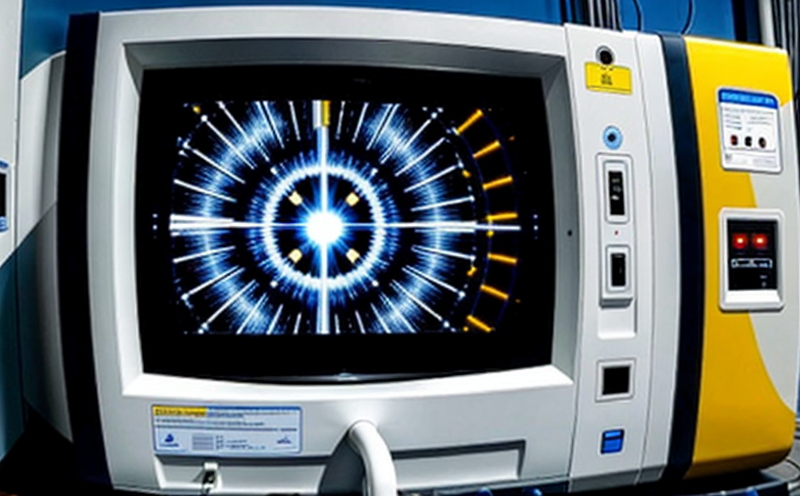Electrical safety testing for devices used in MRI environments
Electrical Safety Testing for Devices Used in MRI Environments Ensuring Compliance and Patient Safety
In the medical industry, Magnetic Resonance Imaging (MRI) machines are used to diagnose a wide range of conditions, from musculoskeletal injuries to neurological disorders. While these machines have revolutionized healthcare, they also pose significant risks to patients and medical staff if not properly maintained and tested. One critical aspect of MRI safety is electrical safety testing for devices used in MRI environments.
As a company that specializes in laboratory services, Eurolab understands the importance of ensuring that all equipment used in MRI settings meets strict safety standards. In this article, well delve into the world of electrical safety testing for devices used in MRI environments and highlight its significance for businesses.
What is Electrical Safety Testing for Devices Used in MRI Environments?
Electrical safety testing for devices used in MRI environments involves evaluating the electromagnetic compatibility (EMC) and electromagnetic interference (EMI) properties of medical equipment. This process ensures that devices can operate safely and effectively within the strong magnetic fields generated by MRI machines.
Why is Electrical Safety Testing Crucial for Businesses?
With the increasing demand for MRI services, hospitals and clinics are investing in new equipment to meet patient needs. However, this influx of new devices also increases the risk of electrical safety hazards if not properly tested. Electrical safety testing for devices used in MRI environments is essential because
Compliance with regulations Hospitals and medical facilities must adhere to strict regulatory requirements, including IEC 60601-12005A22019, which specifies the safety standards for medical electrical equipment. Electrical safety testing ensures that devices comply with these regulations.
Patient safety MRI machines can cause serious injuries if patients are exposed to electromagnetic fields from untested or improperly maintained equipment. By ensuring that devices meet strict safety standards, hospitals and clinics can minimize the risk of patient harm.
Reduced liability Electrical safety testing can help mitigate potential lawsuits by demonstrating a commitment to patient safety and regulatory compliance.
Advantages of Using Electrical Safety Testing for Devices Used in MRI Environments
Eurolabs electrical safety testing services offer numerous benefits, including
Improved device performance By ensuring that devices operate within the strong magnetic fields generated by MRI machines, hospitals and clinics can optimize equipment performance and reduce downtime.
Enhanced patient confidence When patients know that their medical equipment has been properly tested for safety, they are more likely to feel confident in their care.
Cost savings Regular electrical safety testing can help identify potential issues before they become major problems, reducing the need for costly repairs or replacements.
Key Benefits of Eurolabs Electrical Safety Testing Services
Some key benefits of our services include
Fast and accurate results Our expert technicians use state-of-the-art equipment to provide quick and reliable test results.
Comprehensive testing protocols We follow strict testing protocols to ensure that devices meet regulatory requirements and industry standards.
Personalized support Our dedicated team is available to answer questions and provide guidance throughout the testing process.
QA Electrical Safety Testing for Devices Used in MRI Environments
Q What types of medical equipment require electrical safety testing?
A All medical equipment used in MRI environments, including MRI machines, patient monitoring systems, ventilators, and infusion pumps.
Q How often should I perform electrical safety testing on my devices?
A Regular testing is essential to ensure that devices remain safe and effective. We recommend annual or biennial testing, depending on usage and device type.
Q What are the consequences of not performing electrical safety testing?
A Failure to test equipment can result in patient harm, regulatory non-compliance, and liability issues.
Conclusion
Electrical safety testing for devices used in MRI environments is a critical aspect of maintaining patient safety and regulatory compliance. By partnering with Eurolab, businesses can ensure that their equipment meets strict safety standards and industry regulations. Dont compromise on patient care choose Eurolabs expert electrical safety testing services to safeguard your medical equipment and reputation.




